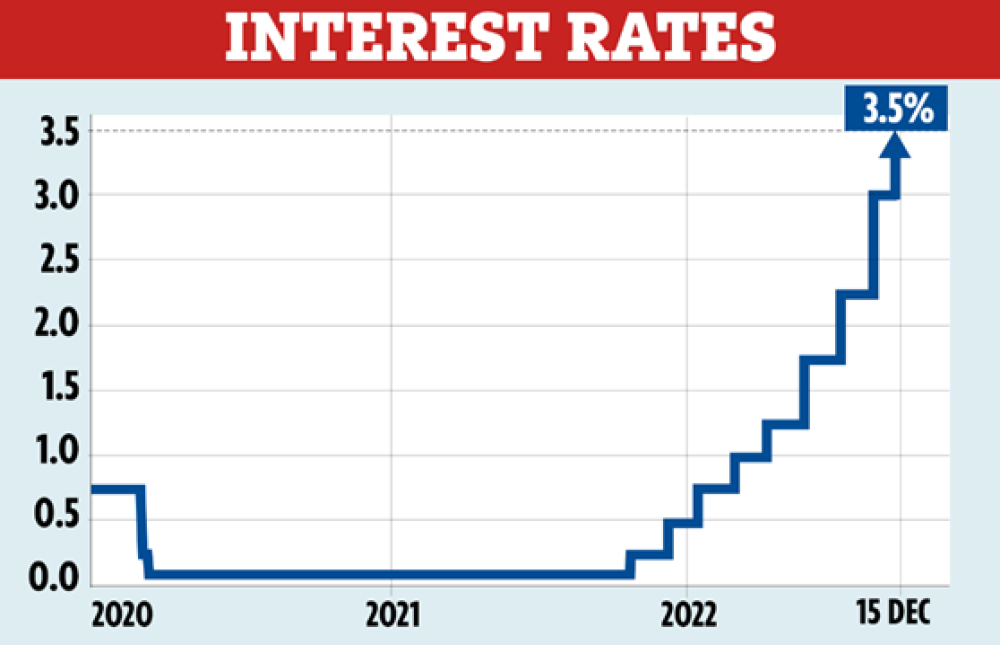The Bank of England has warned that another interest rate hike would result in a global financial crash. Experts believe more interest rate hikes might tip Britain into a recession. Generally, they warned the BoE that raising the current rate of about 4.25% might push struggling households to the edge and hurt business investment. These updates come after central banks worldwide increased the benchmark policy rates in a bid to curb inflation.
Meanwhile, Russia’s invasion of Ukraine and the results of China’s zero-Covid-19 regulations on supply chains also raised inflation. The high inflation rate resulted in a slow flow of goods and energy prices rocketing. The BoE will announce an interest rate on 11th May. On the other hand, the European Central Bank will announce its interest rate on 4th May, and the US Federal Reserve will confirm its rate on 2nd May.
Since last November, analysts have recorded a significant slowdown in incorporations & business investments due to high-interest rates. Thus, central banks risk slowing economic output further if they continue with the rate hikes that might eventually result in a recession. Western economies' outlook is very bleak. The situation might escalate into a global recession since exporting countries will lack sufficient product markets.
The International Monetary Fund also warned of a possible global recession. In any case, the downturn might differ from the one in 2008 since states such as Germany, Spain & US have managed inflation rates and forecast a strong recovery journey. Financial analysts explain that higher borrowing costs have resulted in extensive bank securities portfolio losses that triggered the recent turmoil in the banking sector. The situation poses a threat to financial stability.
In simple terms, a modest recession is likely, but its probability is now higher. There is little need for central banks to collect money from the society since the current inflation levels do not imply businesses & people spend erratically. The last ten months have shown that the best approach to address inflation would require joint efforts between the BoE and the Government. The UK had also recorded a slowdown in corporate borrowing.
Overall, businesses are struggling to get loans, and the general population features a slowing down housing market. High-interest rates have significantly impacted businesses' plans to develop their resilience, supply chains, and process. Above all, the government ought to help build real macroeconomic production and solve supply chain concerns. But managing the inflation rate remains crucial since high inflation depresses economic activity, squeezes income, and raises the cost of living.





